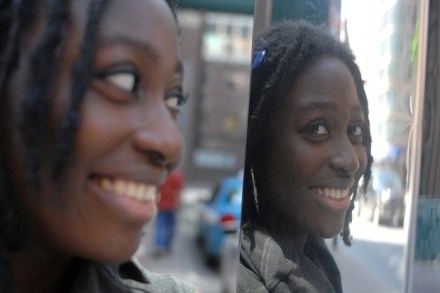A choice of short stories
It can’t be easy to switch between editing others people’s fiction and writing your own: how do you suspend that intuitive critical impulse? Gordon Lish, who is best known as the editor of Raymond Carver’s short stories but has also written plenty of fiction in his own right, is familiar with this dilemma, and in White Plains (Little Island Press, £18.99) he has fun with it. These stories are replete with parenthetical um-ing and ah-ing over synonyms, punctuation and grammatical solecisms — a prolix testament to the agonies of prose composition: ‘Losing tone here, not retaining purchase on stance here, falling to pieces with the coward’s frolic along the phraseological




















